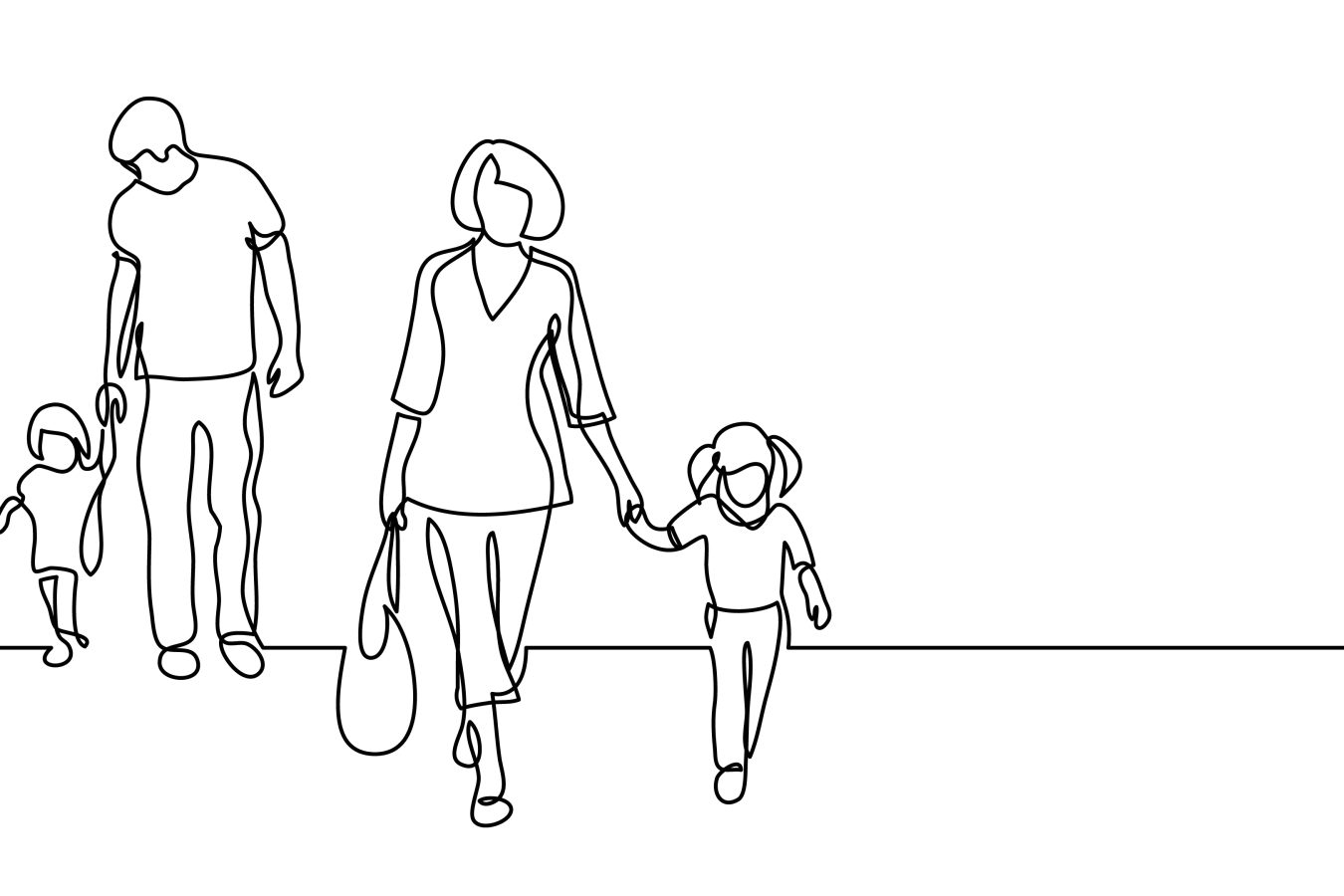
How an 'exit strategy' can help your teen stay safe when things go south, the life-changing impact of an autism diagnosis for teens, and why Pamela Allen is still writing storybooks at the age of 90.
Our selection of thought-provoking and useful resources from around the web on educating and raising children, and supporting families.
The biggest lesson Bec Sparrow learned about parenting teens while hosting the podcast Parental As Anything
(Bec Sparrow, Parental As Anything)
Bec Sparrow’s parents were horrified to hear about the ‘scrapes and dodgy situations’ she got up to as a teen but never told them about: getting drunk at parties, walking home from the station at 2 am to save on a taxi fare, or the time she and a friend crashed into a police car in a moke.
Bec talks about the importance for parents in keeping the lines of communication open with their children, so that they are the first people their kids turn to when things go pear shaped.
She gives her top tips on how to ensure kids know they can always reach out to their mums and dads:
- don’t sweat the small stuff,
- thank them for telling the truth when they confess something, and
- give them a no-questions-asked exit strategy for when they are out late, so you can help them stay safe when things go south.
Autism diagnosis can transform teens' lives, but parental response crucial to wellbeing, future outcomes
(Dimitria Panagiotaros, ABC News)
An autism diagnosis can be life-changing for young teenagers and it can parents help understand their child’s needs.
In this article two teenagers, Artesia and Louis, share how their austism diagnoses gave them the breakthrough they needed. Artesia said hers was a relief, as the years spent ‘masking and mimicing’ to downplay her autism had been exhuasting. Louis says their diagnosis ‘made everything make sense’.
The article explores the importance of not treating a diagnosis as the first step on the path to ‘making that child as non-autistic as possible’. Rather, it promotes how a diagnosis gives parents a chance to support their child’s autistic identity – their authentic self – with acceptance, inclusion and understanding.
Dr Dawn Adams, who is pioneering a world-first project that helps parents understand their autistic child and value their neurodiversity, says the belief that ‘everyone is a little on the autism spectrum’ is not only inaccurate, but harmful.
‘What people don’t understand about autism is, it’s a combination of a lot of areas together that make you autistic’, she said.
‘You might have a preference for routine, but you don’t have that in combination with differences in social communication and sensory experiences. So that doesn’t make you a little bit autistic’.
Read the full articlePamela Allen on Mr McGee and turning 90: ‘I’ve always known what I’m doing is good’
(Clare Millar, The Guardian)
Beloved children’s book author Pamela Allen has turned 90, but that hasn’t stopped her writing.
The writer of more than 50 storybooks, including Who Sank the Boat?, Grandpa and Thomas and the Green Umbrella and Bertie and the Bear, has written a new Mr McGee story.
Ms Allen talks about rediscovering herself as an artist following the death of her husband Jim Allen last year, and how returning to writing and taking up painting has helped give her ‘strength and pleasure in being alive’.
She also talks about her writing process, how her books are written for small children who can’t yet read, and of the power in a child’s first connection with their parent’s voice.
‘The voice can do all kinds of things’, she says. ‘It can sing. It can admonish, it can create music. It can have a rhythm. And the parent is important, because they create the drama with the voice’.
Read the full articleStay up to date with our newsletter here



